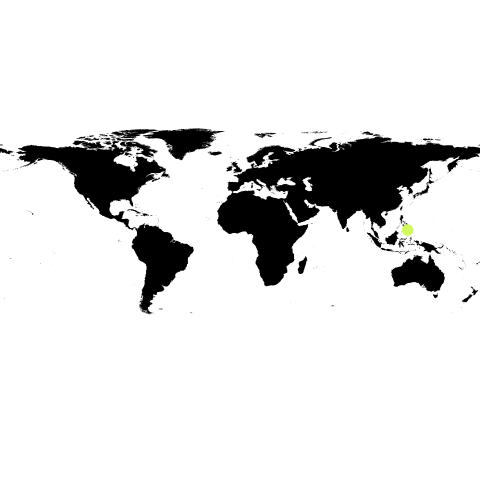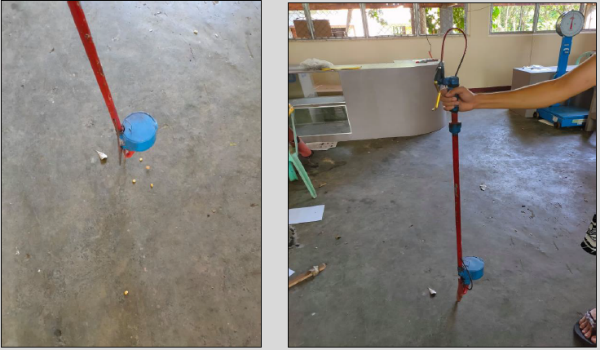Location(s)
Tags
SDG(s)
Sustainable Development Goal(s)
Powered by


SDG(s)
Sustainable Development Goal(s)
 1No poverty
1No poverty 2Zero hunger
2Zero hunger 8Decent work and economic growth
8Decent work and economic growthPlease be aware that the content herein has not been peer reviewed. It consists of personal reflections, insights, and learnings of the contributor(s). It may not be exhaustive, nor does it aim to be authoritative knowledge.
Image

Type of Innovation
Solution
Lead Innovator's Name
Rene rojos
Lead Innovator's Mobile Number
Lead Innovator's E-mail Address
SDG
2, 8, 1
Response Stage
Prepare, Respond
Solutions Category
Design & engineering hacks (iot devices
Digital Technologies employed (if applicable)
Not applicable
Sector
Invidividual citizen / grassroots innovator
License & Intellectual Property
Free to share (open source, creative commons, etc)
Observation & Description: What is the innovation about? What need does it answer? What does it do?
Need: What need or challenge does this answer?
User: Who is the solution for? How does it answer the need of the user? Why does it matter to the user?
Insight(s): What does this observation mean? What have you learned from the observation?
Opportunities: What are other opportunities where the solution can be applied?
Status of the Innovation
Ongoing / implemented
Signs of Change: Are there changes observed with the innovative intervention? (If YES, answer other and describe the sign of change)
Impact is apparent and observable
Relevant website links
Please upload photos / videos of the grassroots innovation here.
Reported by (Full Name)
Mobile Number
Website
Comments
Log in to add a comment or reply.